News
-
 Science & Society
Science & SocietyThere’s a new term for attempting to own the wind: ventography
Nations established territorial claims underground to access oil and gas. Now they are expanding those claims upward to snag the wind.
By Sujata Gupta -
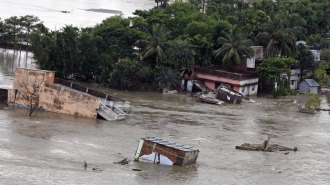 Earth
EarthWhat leads rivers to suddenly change course?
An analysis of satellite data could help predict where rivers will change their course and where their rerouted flows will go.
By Nikk Ogasa -
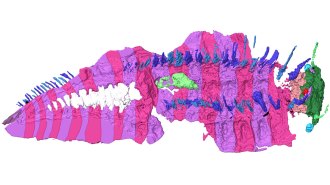 Paleontology
PaleontologyThe largest arthropod to ever live finally has a head
Fossils of an extinct giant millipede reveal new details about the arthropod’s anatomy.
By Jason Bittel -
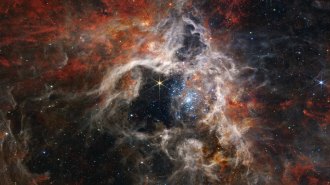 Astronomy
AstronomyRunaway stars could influence the cosmos far past their home galaxies
Dozens of stars fleeing a neighbor of the Milky Way suggest these escapees could have an outsized influence on their cosmic surroundings.
-
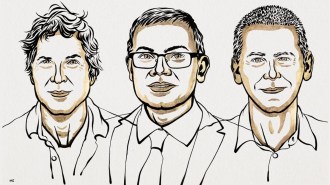 Chemistry
ChemistryWork on protein structure and design wins the 2024 chemistry Nobel
David Baker figured out how to build entirely new proteins. Demis Hassabis and John Jumper developed an AI tool to predict protein structures.
By Meghan Rosen and Andrea Tamayo -
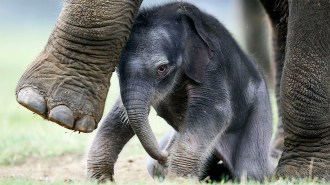 Animals
AnimalsTo tell a right-trunked elephant from a lefty, check the wrinkles
Elephant trunks, more sci-fi face-tentacle than ho-hum mammal nose, are getting new scrutiny as researchers explore how the wrinkles grow.
By Susan Milius -
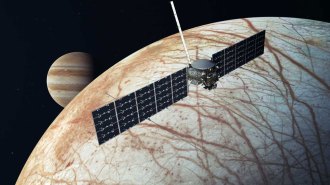 Planetary Science
Planetary ScienceEuropa Clipper has launched to solve an alien mystery
Launched October 14, the spacecraft will repeatedly buzz Europa in search of water, energy and organic compounds.
-
 Health & Medicine
Health & MedicineNew electrical stitches use muscle movement to speed up healing
In rats, the sutures hastened recovery and reduced the risk of infection.
-
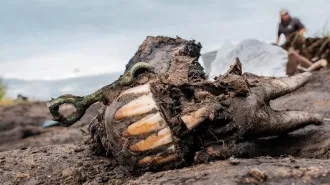 Archaeology
ArchaeologyAncient Scythians had cultural roots in Siberia
A possible sacrificial ritual from around 2,800 years ago suggests mounted herders from Siberia shaped a Eurasian culture thousands of kilometers away.
By Bruce Bower -
 Artificial Intelligence
Artificial IntelligenceThe discovery of tools key to machine learning wins the 2024 physics Nobel
John Hopfield and Geoffrey Hinton used tools from physics to develop data analysis methods that underlie machine learning.
By Emily Conover and Lisa Grossman -
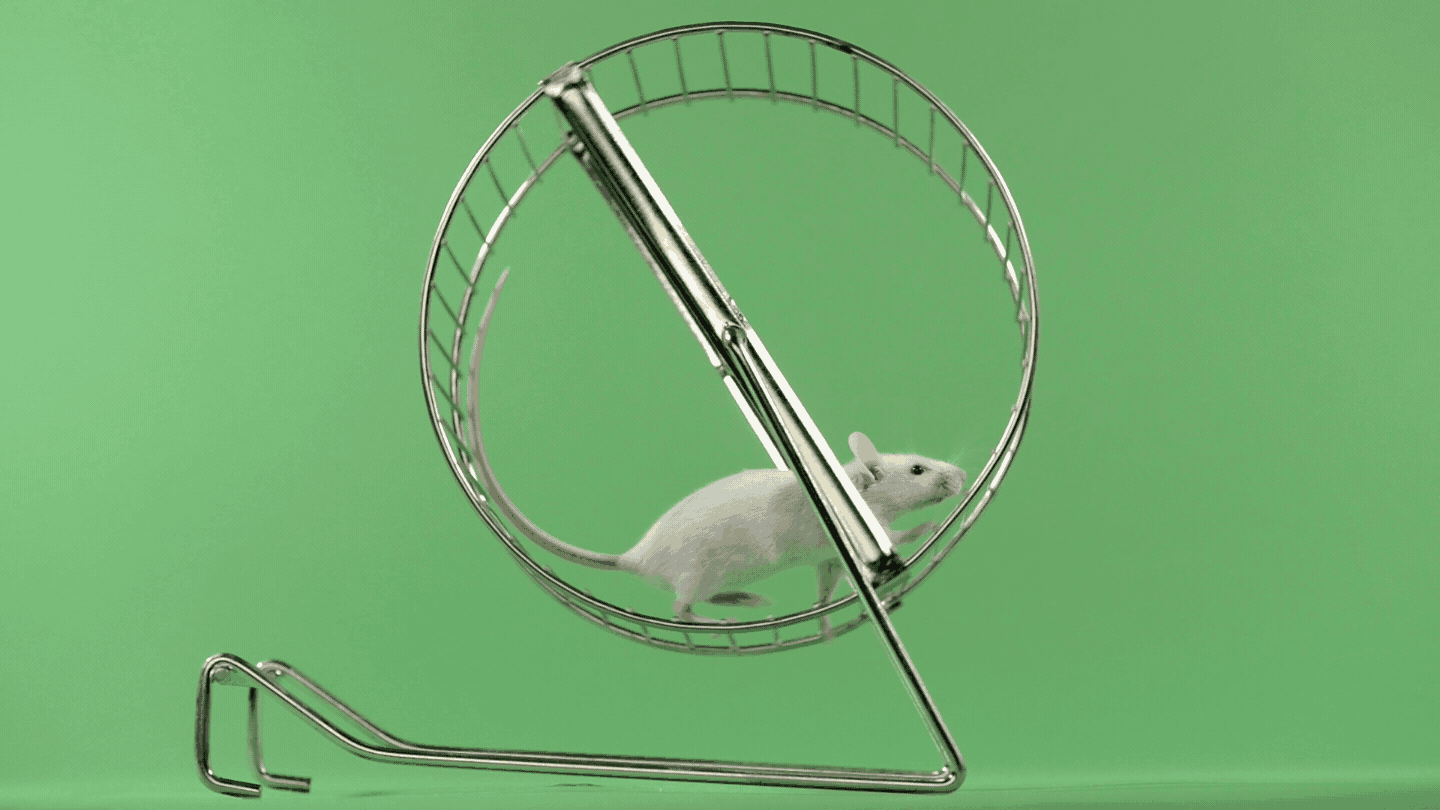 Neuroscience
NeuroscienceSemaglutide saps mice’s motivation to run
Mice given semaglutide, the key ingredient in drugs like Ozempic and Wegovy, lost weight, but they also voluntarily ran less on a wheel.
-
 Health & Medicine
Health & MedicineBlood pressure may read falsely high if the arm isn’t positioned properly
A clinical trial found blood pressure readings were higher with the arm on the lap or along the side, compared with supported at heart height.